A Little ‘Ruff’ Around the Edges
An Unlikely Journey of Social Studies Teacher Mark Tibbetts and His Dog
Photo courtesy of Mark Tibbetts
Under the hot sun of Arizona, social studies teacher Mark Tibbetts and his dog, Boston, pose for a picture. Tibbetts got his masters in education at the University of Arizona, where he was living when he was reunited with his dog after five years. “[Boston] taught me balance,” Tibbetts said. “It’s a test of how far you are willing to go to take care of another creature whether it’s a dog or a human. Learning how to take care of another living thing takes a lot of maturity because you have to put it before yourself. [Boston] brings me a lot of joy, happiness, and love. I love this dog more than the world, I’d do anything for him.” (Photo Courtesy of Mark Tibbetts)
November 10, 2022
He spent two days without food, turned his living room into a classroom, came in contact with Ebola, and served in the Peace corps for two years. During this, his partner in crime was a furry creature with brown hair, big ears and a wide smile. A dog who would begin to develop skin disease, malnutrition and infections only a couple days after his birth.
Social studies teacher Mark Tibbetts served in Liberia with the Peace Corps for two years, from 2013 – 2014. During this time he met Boston, a dog that has experienced hardships and trials from the moment he was born. At one point, the Ebola crisis hit, and Tibbetts temporarily moved to Texas to work with the AmeriCorps. After a year, he moved back to Liberia with the Peace Corps for another nine months to finish out his two year span.
“I was a teacher, I taught math at the high school level both times I was there,” Tibbetts said. “I also worked on secondary projects, I helped get libraries built, and had study sessions with students after school on a daily basis. [Together] we definitely had fun, and we did lots of exploring.”
Located in a different continent, living in Liberia, Africa was a very different experience than living in the United States, according to Tibbetts.
“The biggest difference, I didn’t have electricity or running water,” Tibbetts said. “Even culturally, it’s different. Americans are definitely a little more reserved, we like to have our own space, whereas Liberians are more communal. For example, when I had study sessions, it would be in my house, which is extremely weird in America for your teacher to have students at their house, but in Liberia it’s actually normal.”
Living all the way in West Africa, Tibbetts wanted a dog, much like many Americans living in the United States.
“I said to my friend at the coffee shop, because I would always go to the coffee shop before I went to school, ‘Hey, I want a dog,’” Tibbetts said. “And he said this in the Liberian accent, “Ay Mark, I will help get you dog. So when you come back, I will find you dog’.”
Coming home from school that day, his friend explained to him that he had found him a dog. Two girl dogs and one boy dog were born across the street from the coffee shop in a mud hut located in Suakoko, Liberia. Tibbetts wanted the boy.
“My goal was to bring the dog back to the United States,” Tibbetts said. “But the dogs in Liberia run loose, it’s not like in America where they’re caged or in someone’s yard. Over there, there’s a lot of street dogs, so I didn’t want to take the chance of having a girl, then the girl getting pregnant and me not getting close to the dog and having to leave it behind.”
A couple weeks later, Boston’s mother passed away after a fatal bite from a black mamba. Tibbetts was told he would have to get the dog right away, and that’s exactly what he did. After waiting for an hour, they put the puppy in a sack, handing him off prematurely, as he was still too young to be weaned off his mothers milk.
I just remember going on the floor, as I was still processing it,” Tibbetts said. “I probably would have paid for it at the end of the day because I really loved this dog. I said, ‘I’m so sorry Boston, I’m doing everything I can.’ Then he came up and licked me on the nose and the vet said, ‘You know what, you’re volunteering for our country so we’ll volunteer for your dog’.
— Mark Tibbetts
“A couple weeks later or a week later, he and his siblings developed skin disease and malnutrition,” Tibbetts said. “His sisters were bought by two other Liberians in the community and they unfortunately didn’t make it, but I was able to bring Boston to Monrovia into the capital city where he got care.”
While bringing Boston to the vet in a box because he had a rash all over his body that spread to Tibbetts when he held him, he found out that the cost to cure his dog would be almost $1,000.
“I just remember going on the floor, as I was still processing it,” Tibbetts said. “I probably would have paid for it at the end of the day because I really loved this dog. I said, ‘I’m so sorry Boston, I’m doing everything I can.’ Then he came up and licked me on the nose and the vet said, ‘You know what, you’re volunteering for our country so we’ll volunteer for your dog.’”
The vet kept Boston for two to three weeks up until Christmastime, after which Tibbetts continued treatment for another two to three months. His rash went away and the malnutrition went away. After that, everything was normal for about six months – then the Ebola crisis hit.
“Man, as I tell this, it’s crazy to relive it,” Tibbetts said. “I came in contact with someone who had Ebola, who also unfortunately didn’t make it, but that essentially led to me and my dog being separated for five years. I wasn’t able to eat for two days over that span [of quarantine] but my dog had plenty of food, those were my last two days with him.”
After two days in quarantine, Tibbetts showed no signs of Ebola but had to fly back to the United States to avoid the risk of getting it. This led to Boston and him being separated for five years.
“Five years later, Boston is living with my friend, Josh, an American at the United States Embassy, who adopted him,” Tibbets said. “Boston developed an infection in his tooth. Josh was in the states at the time and he and his wife had recently had a baby and they were moving to a place that didn’t have good vet care. He called me up while I was living in Arizona and was like ‘Hey, do you want your dog back? Given all these circumstances, we want him to get good care and we’ll have to put him up for adoption, but before that we want to know if you want him back.’ And I was like of course.”
So Boston was sent on a plane from Ethiopia to Washington D.C. to Josh’s brother, Ben.
“He had his teeth removed, all gone,” Tibbetts said. “He recovered from that for about a month, then they shipped him on a plane to San Diego. And, because you can’t fly planes in the desert during the summer, I drove to California and picked him up and that’s where we were reunited, and we’ve been together ever since.”
Back from Suakoko, Liberia in the United States, Tibbetts got his masters in education at the University of Arizona then taught in Austin Independent School District last year and is now a teacher at the school. With his nickname “Bos Bos,” Boston remains a healthy dog.
“[Boston] taught me balance,” Tibbetts said. “It’s a test of how far you are willing to go to take care of another creature whether it’s a dog or a human. Learning how to take care of another living thing takes a lot of maturity because you have to put it before yourself. [Boston] brings me a lot of joy, happiness, and love. I love this dog more than the world, I’d do anything for him.”


![On March 20, the theatre program performed their UIL One Act play Frankenstein. “I could barely believe what I heard after [it was] announced that we were advancing,” freshman Zack Williams said. “It was crazy. Being one of the only freshmen in the show and also [being] a lead definitely put pressure on my shoulders. I knew that the only thing I could do was my best, but that was until I started to think what if my best was not enough? I was feeling like I could never amount to being what [everyone else] thought I was. Although, after hearing that announcement, I realized that maybe I have something going for me after all.”
Photo courtesy of Cayden Bartolo](https://cphswolfpack.com/wp-content/uploads/2024/04/Capture.png)
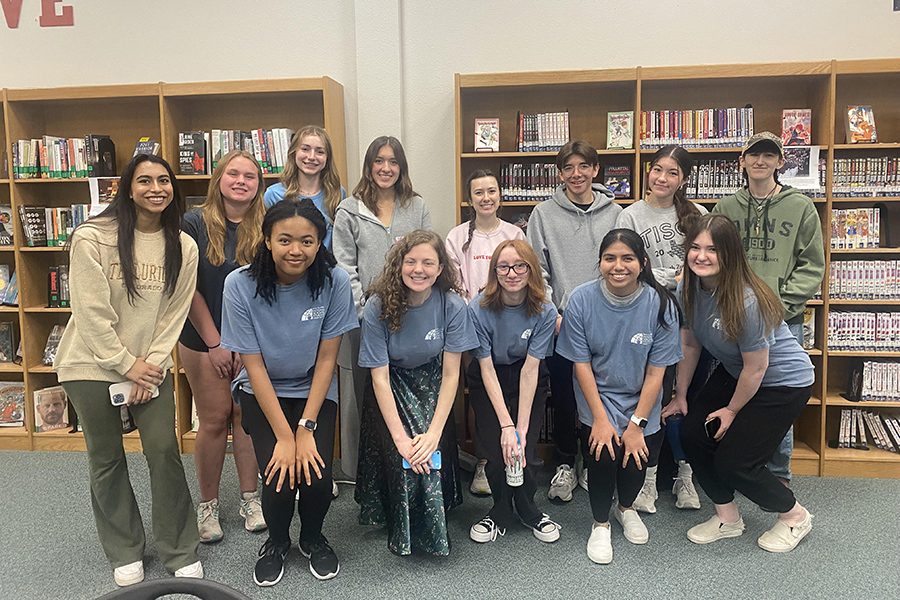
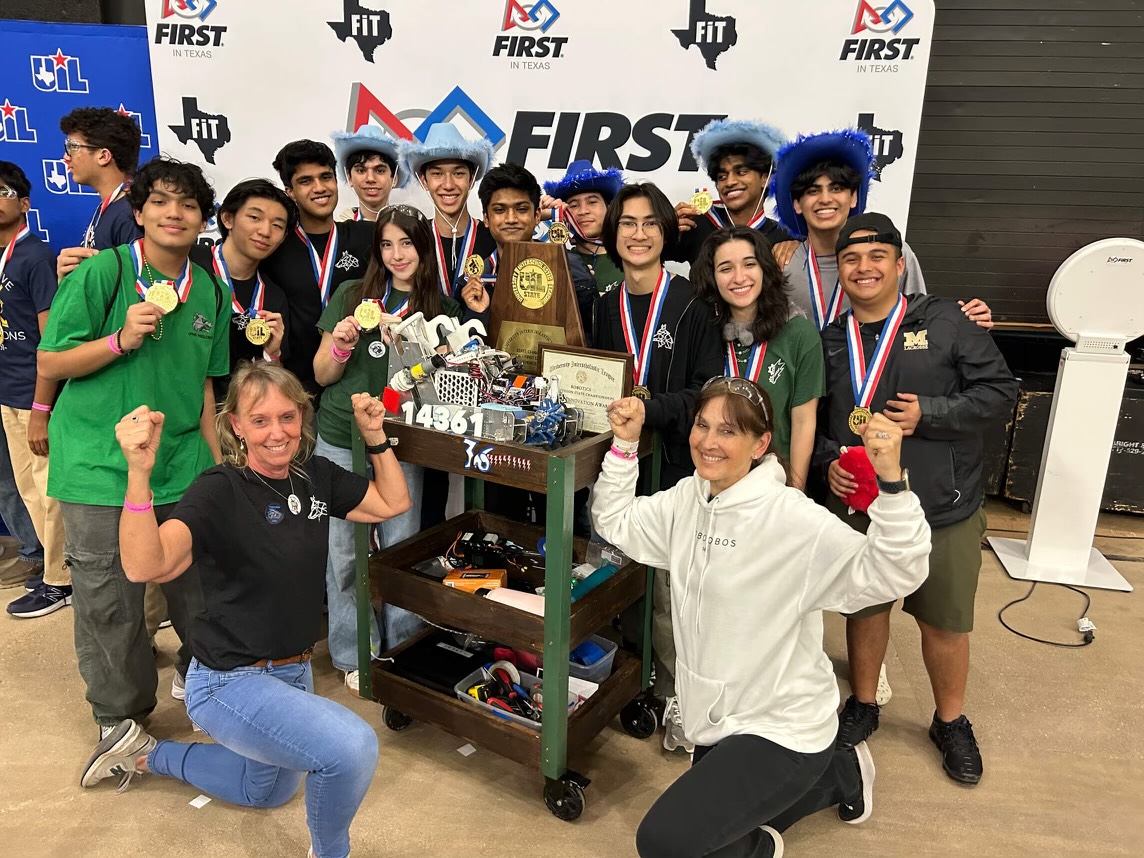
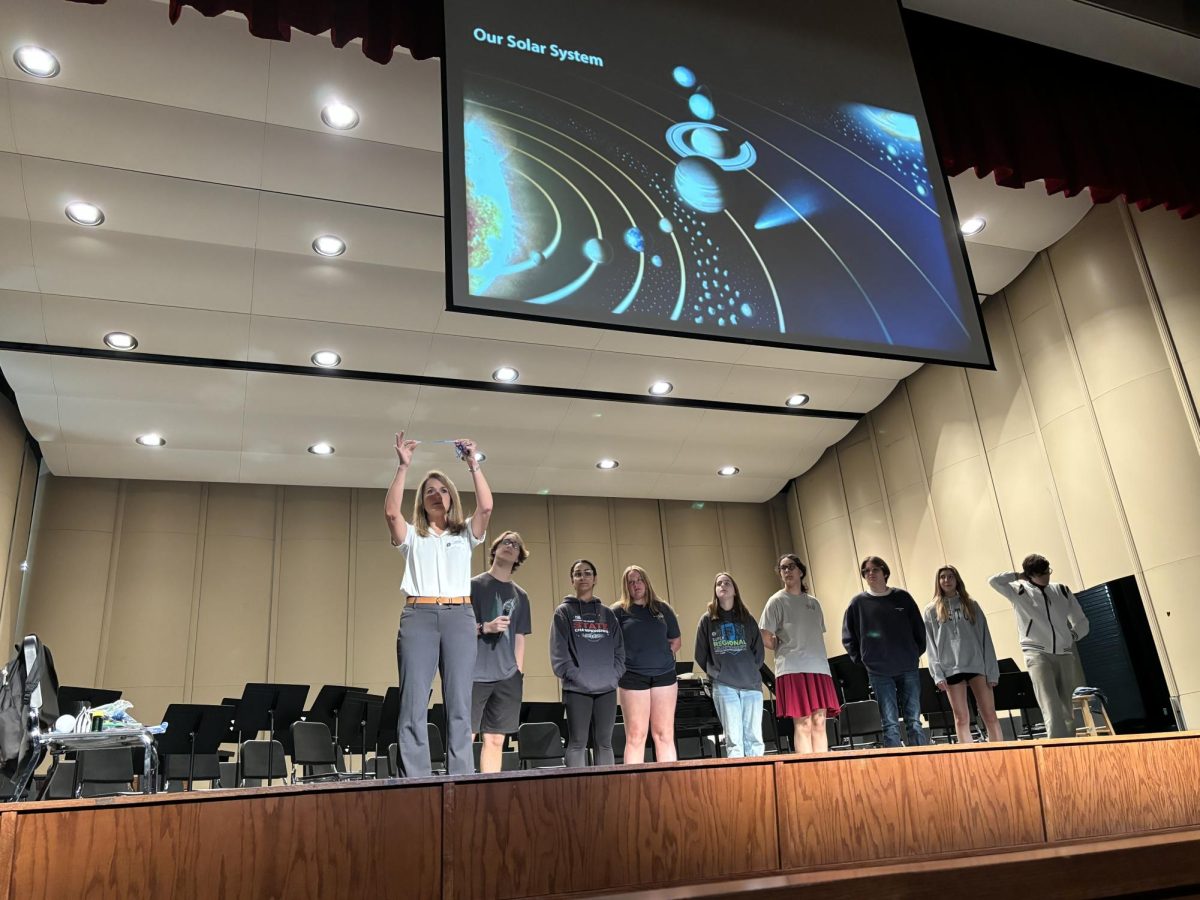
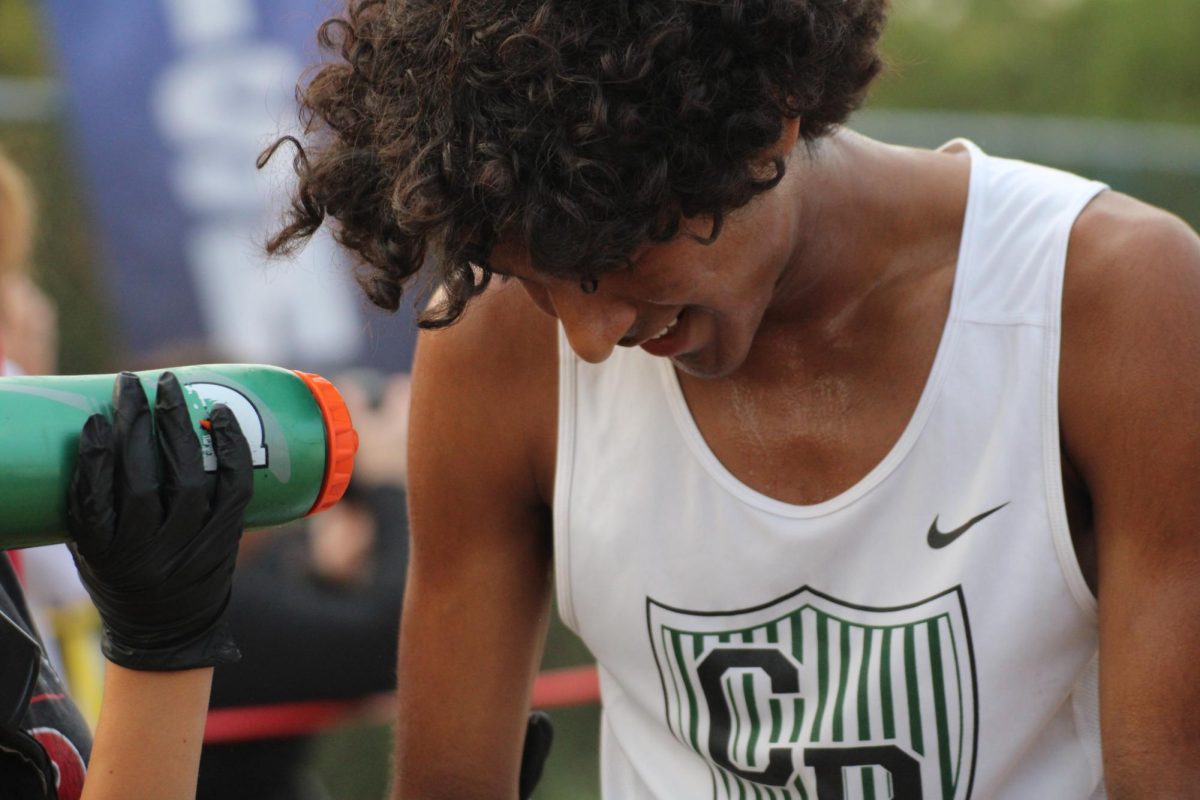

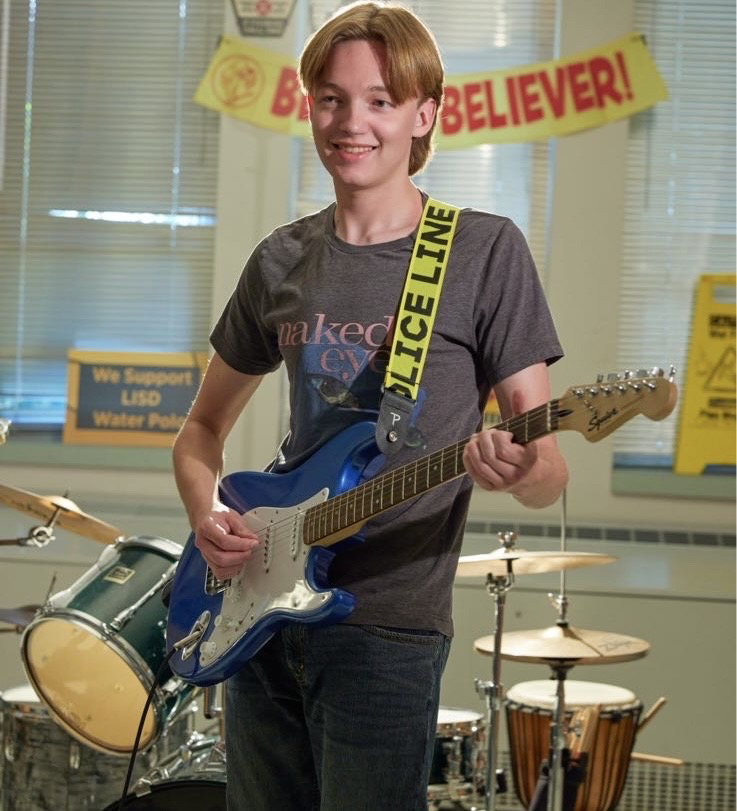
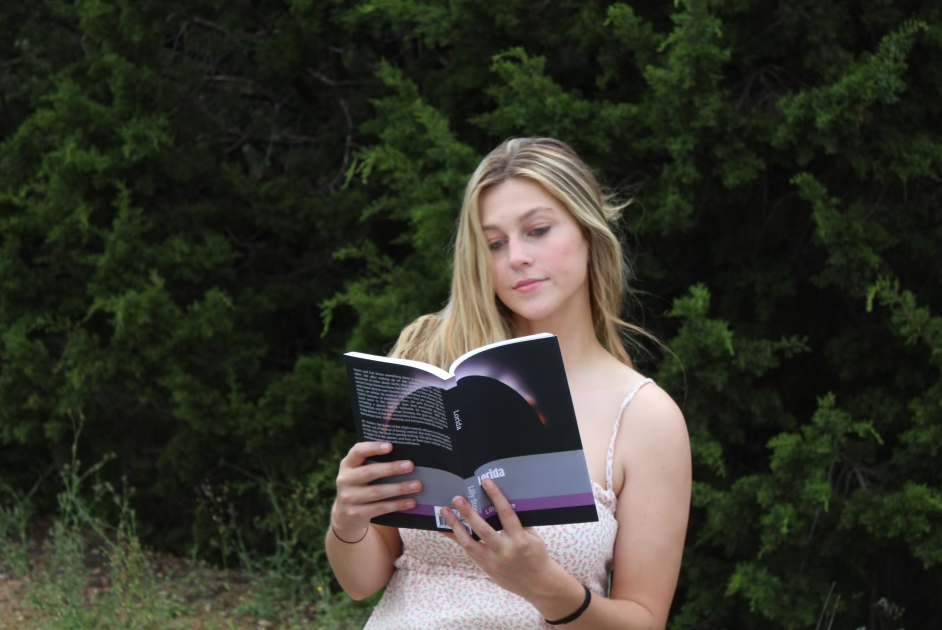
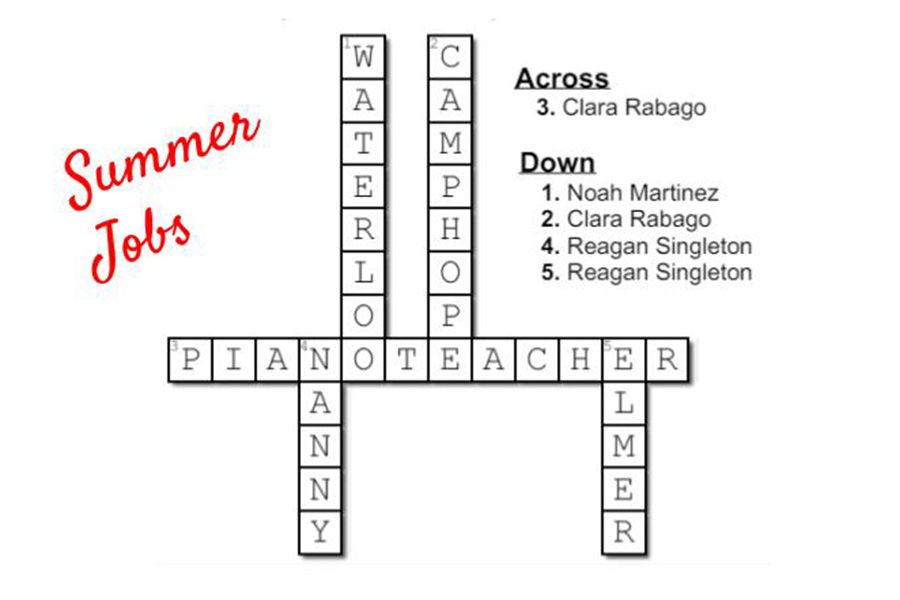
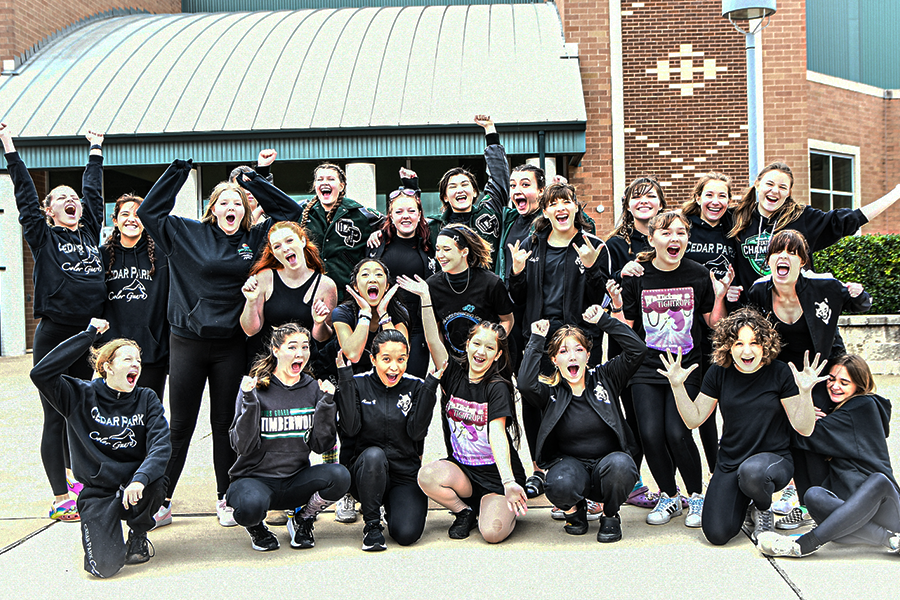
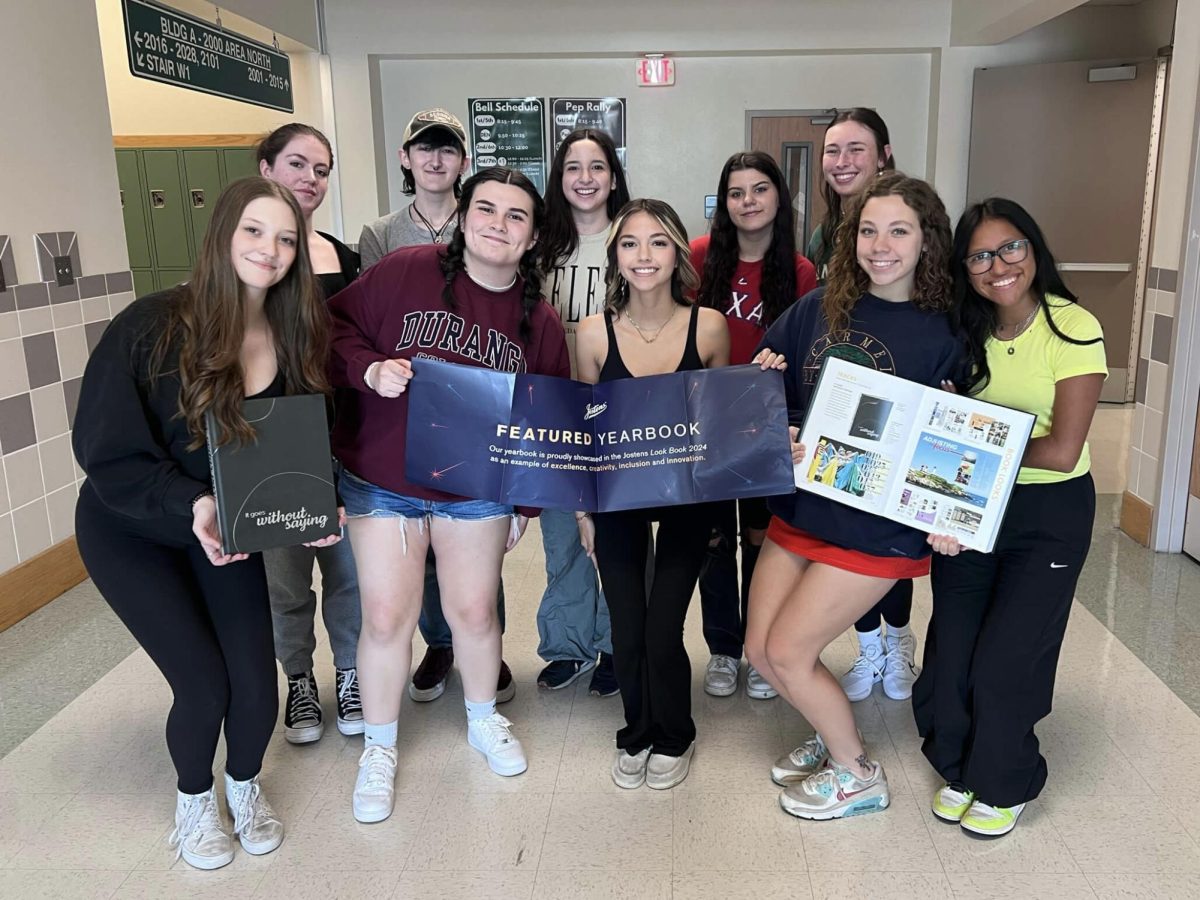

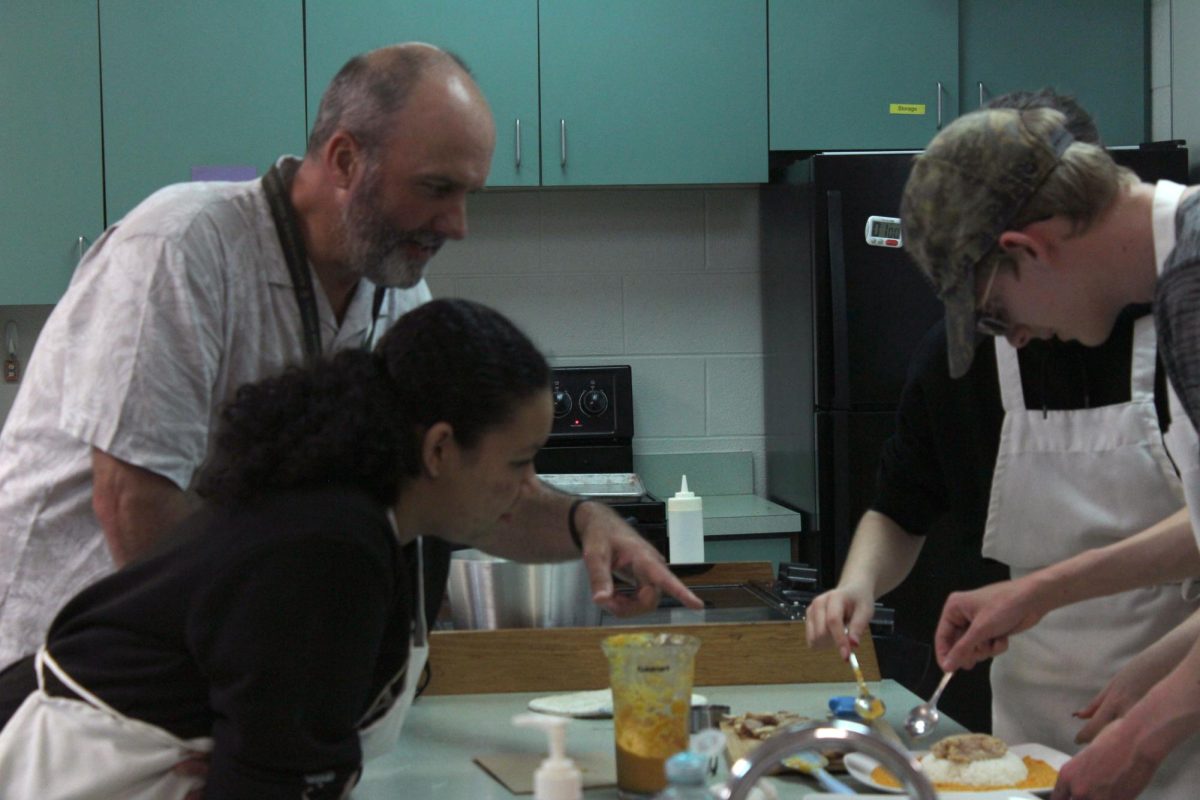
![Parking Lot Attendant Alan Gallagher poses next to his sign notifying that students can no longer purchase parking passes. Students without passes will not be able to park in the school parking lot, and if they do, AP’s will be notified. ““[When I catch people skipping] I notify the students AP and from there Im not sure what happens,” Gallagher said. “[I can also stop people for] speeding through the parking lot [since] the speed limit is 10 mph on campus.”](https://cphswolfpack.com/wp-content/uploads/2024/05/Heidi-1-1200x800.jpg)
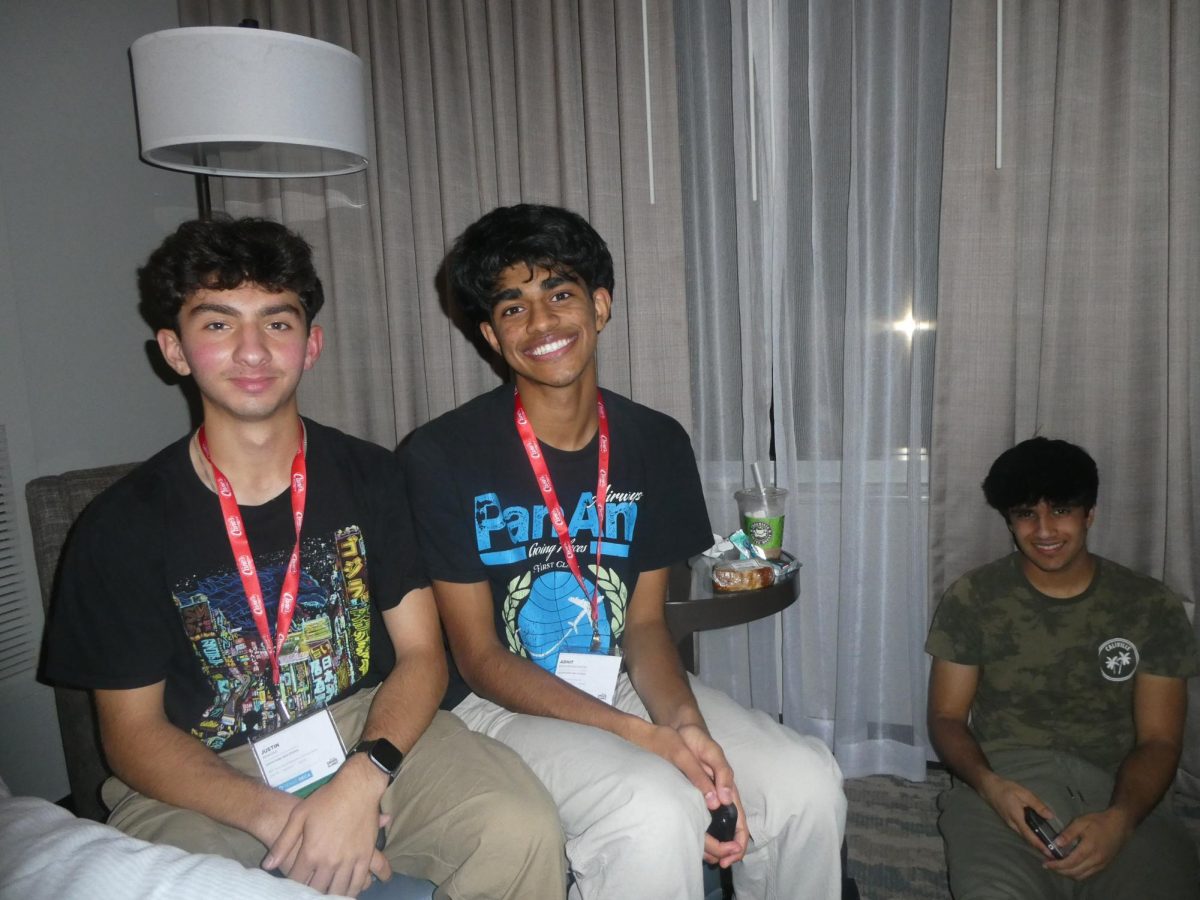
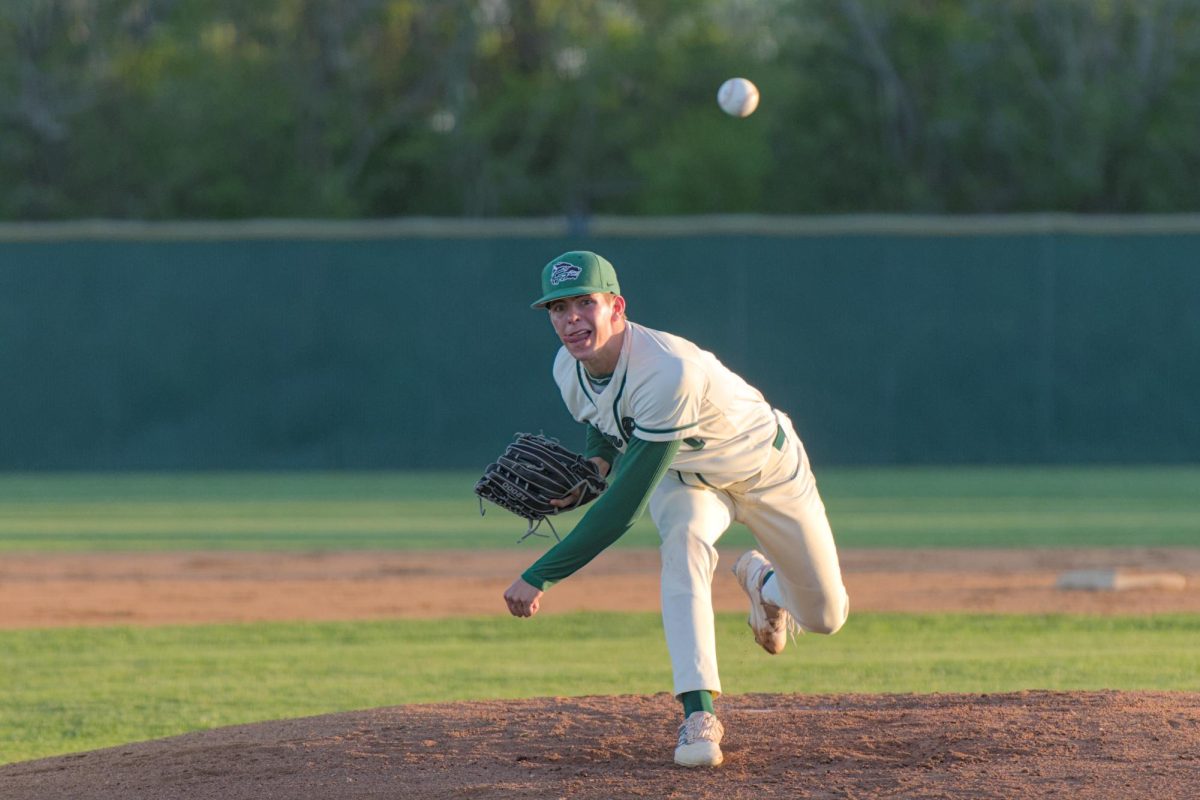

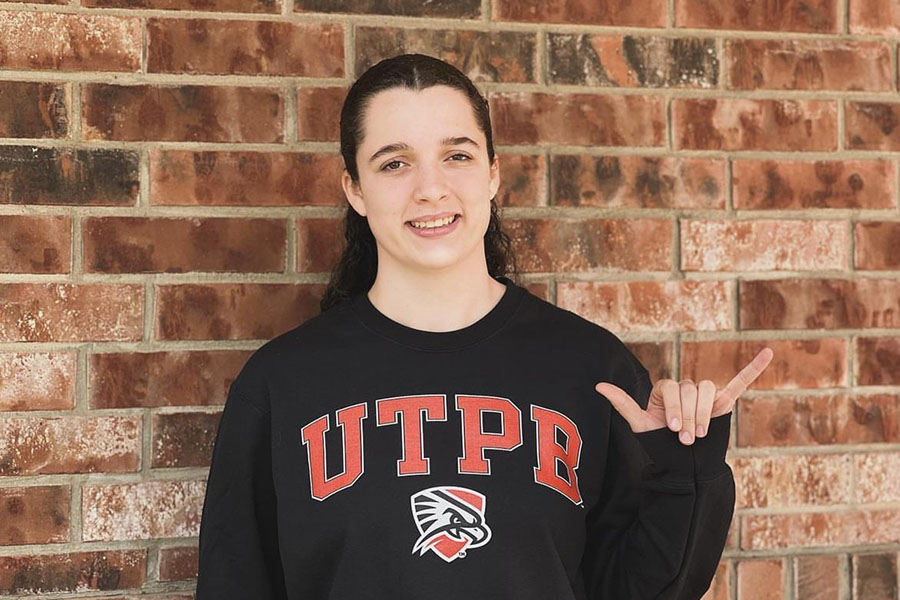
![Catching a ball, junior Alivia Robinson plays at the Cedar Park vs Glenn game. Having played since she was 5 years old, she is dedicated to softball and has committed to UTPB for softball. “When I got my offer it took me a very long time to decide where,” Robinson said. “Softball has always been my dream for college, and UTPB is my fit. When [I committed] I knew I was going to be loved and supported.”](https://cphswolfpack.com/wp-content/uploads/2024/04/Lilly-Adams-3.13aliviaedit-901.jpg)
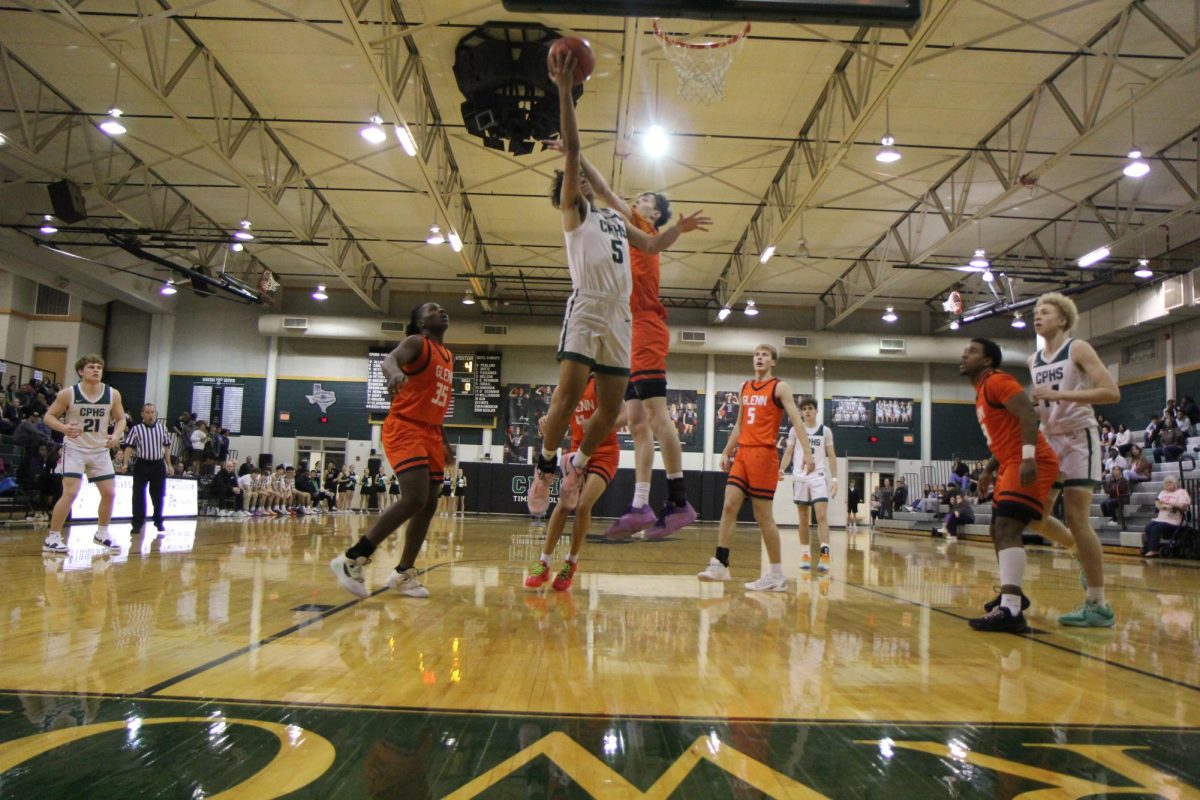
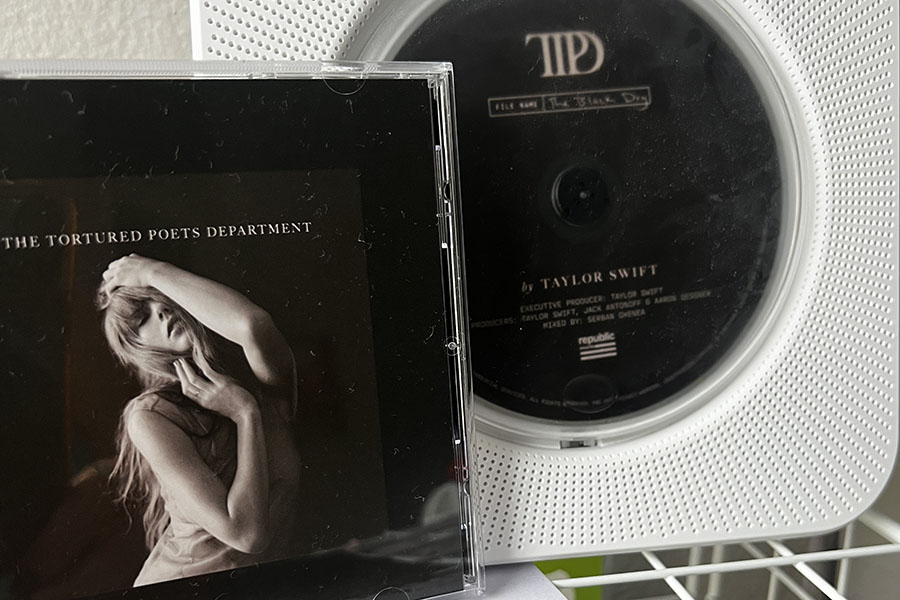

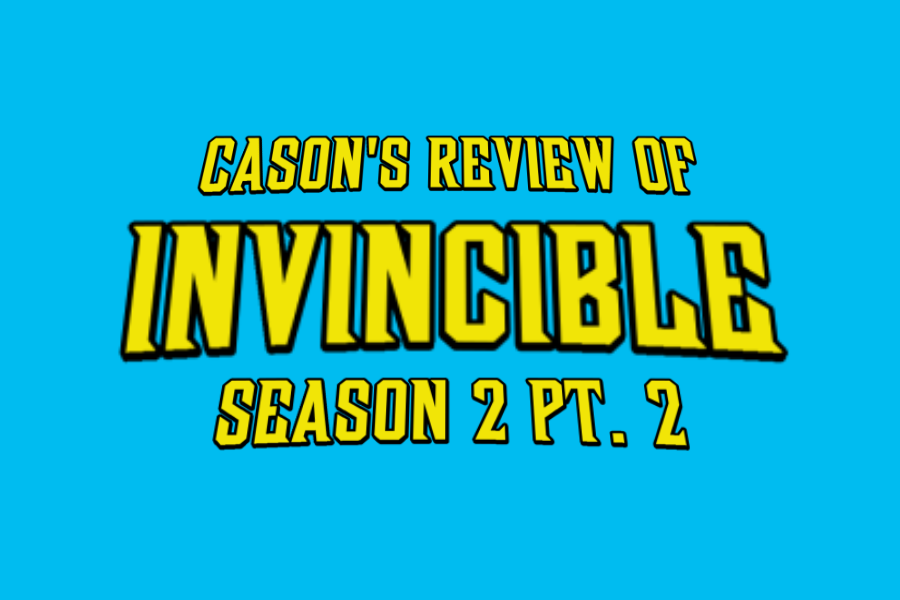
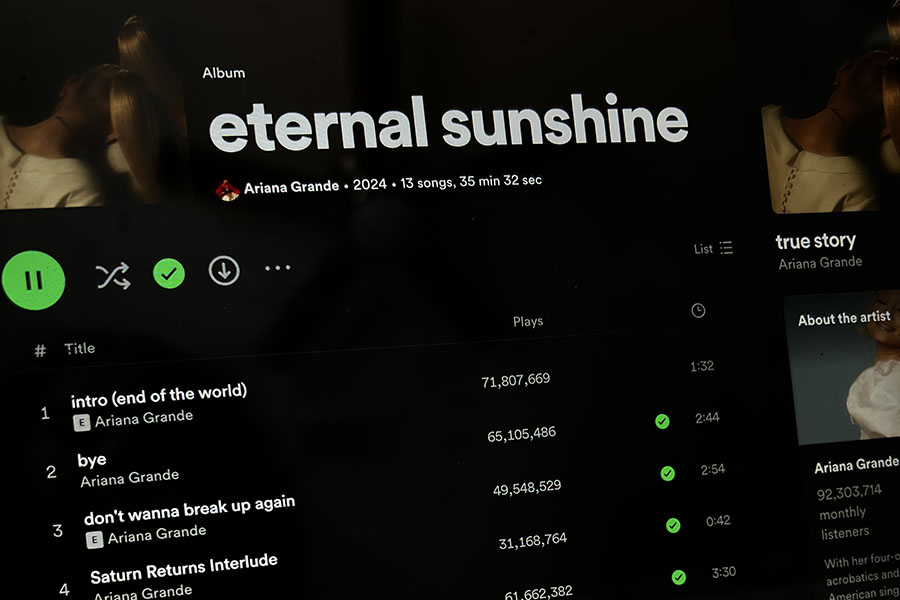

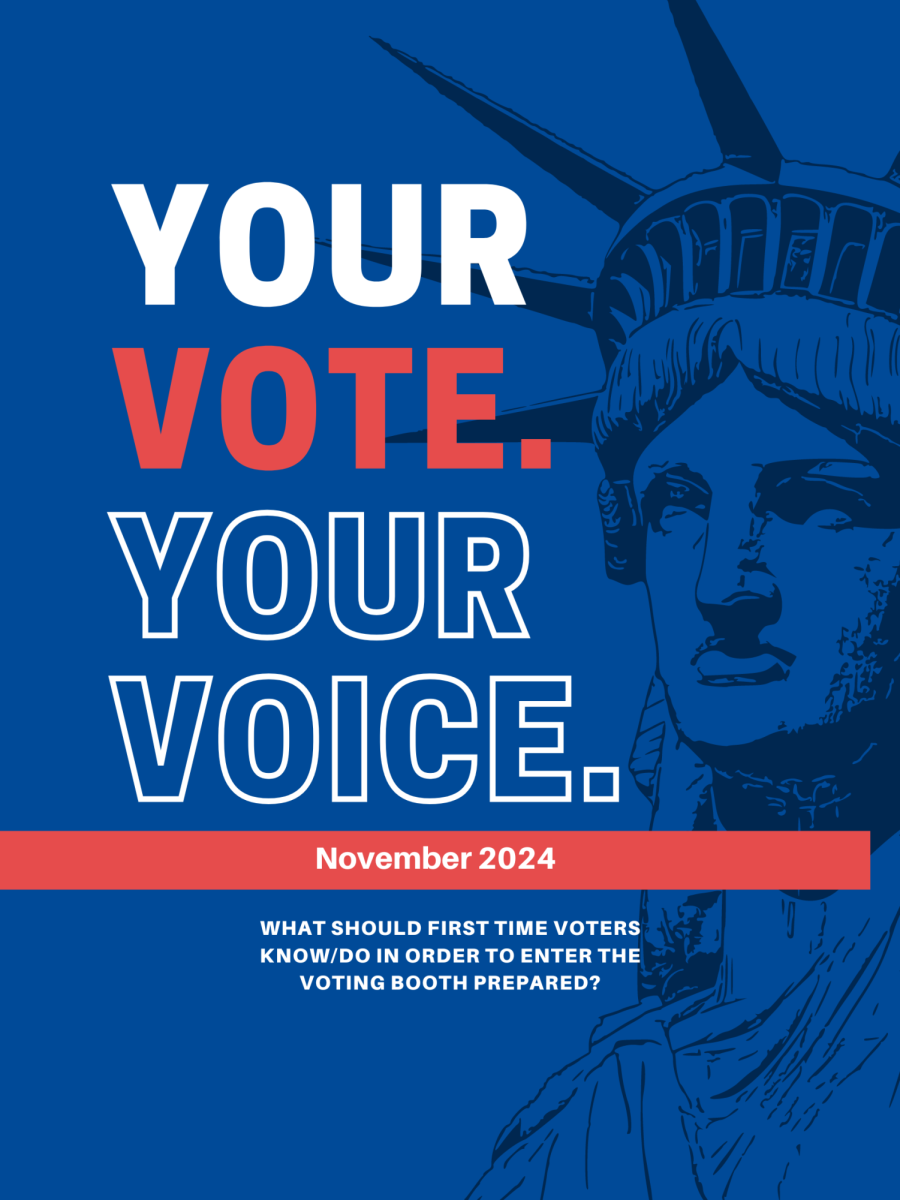

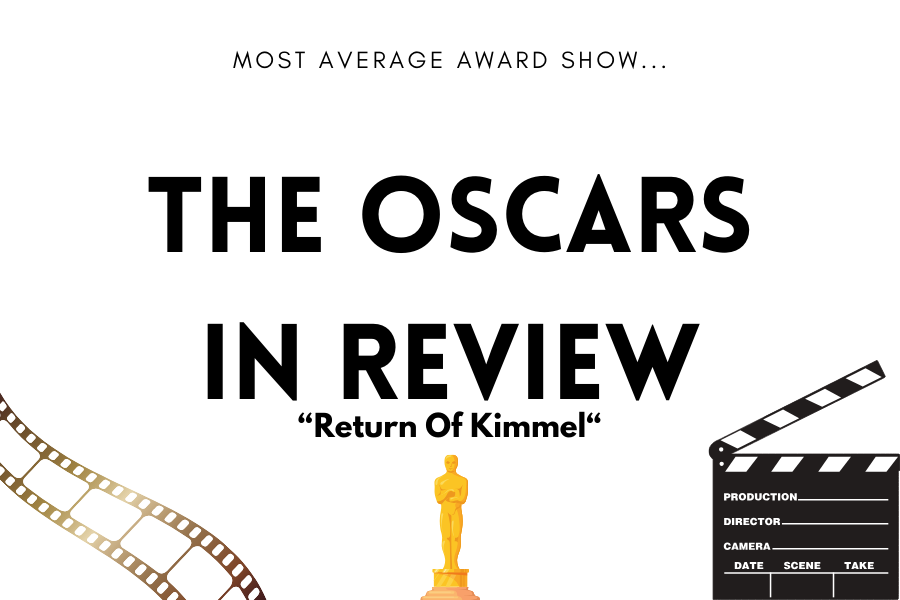
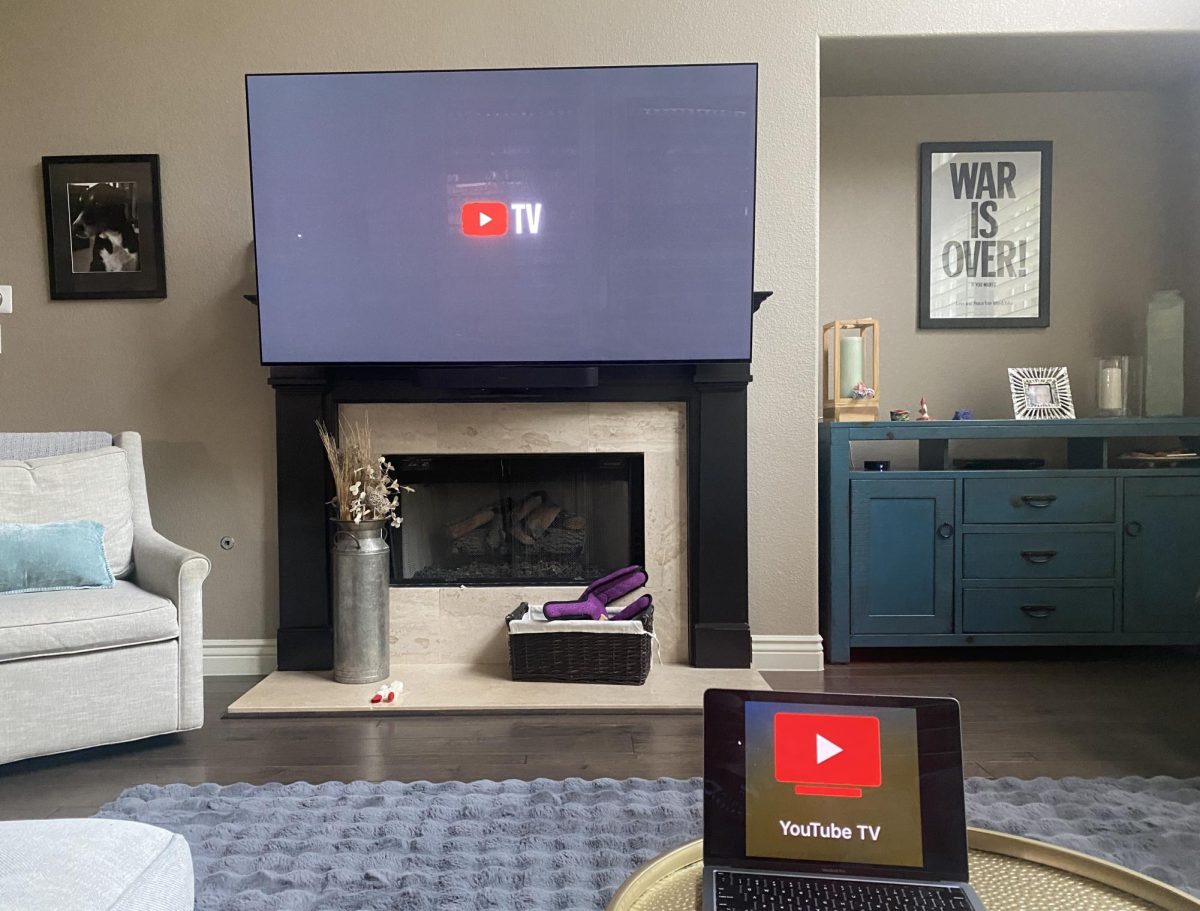







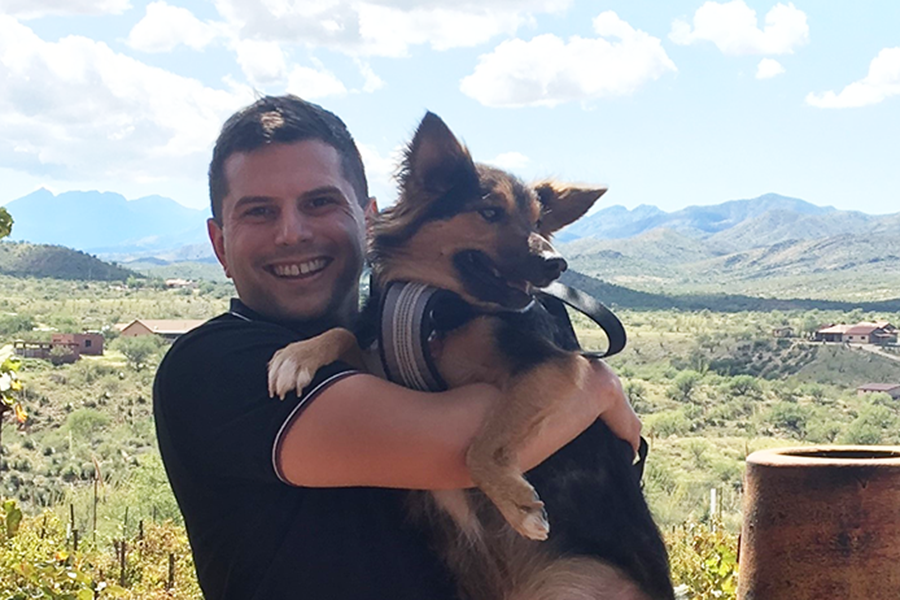
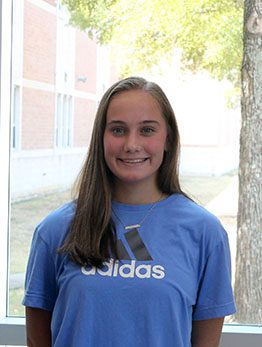

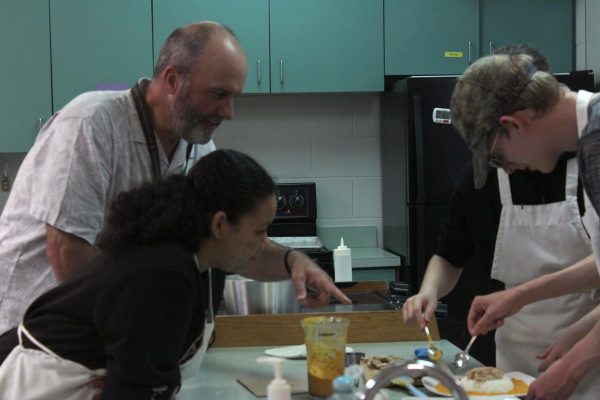
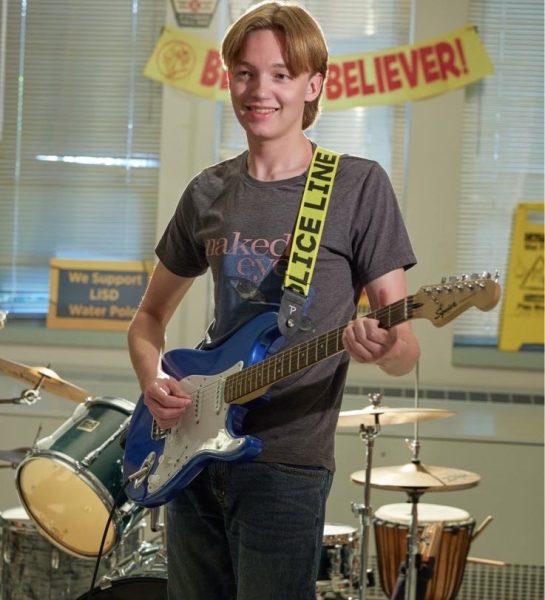
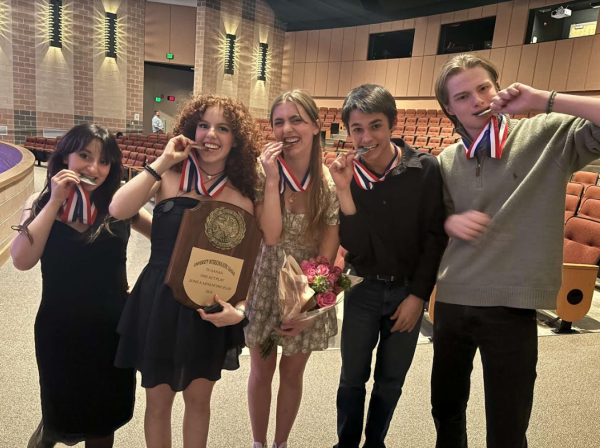
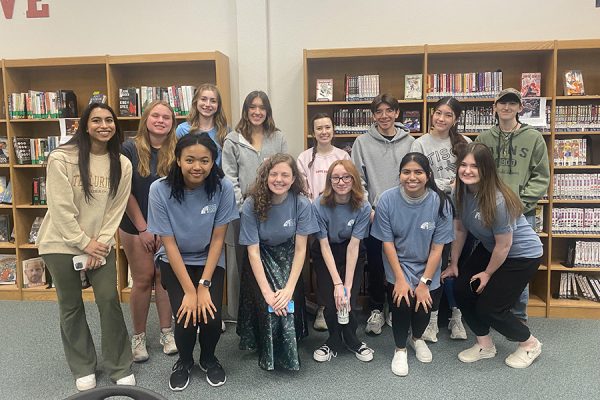
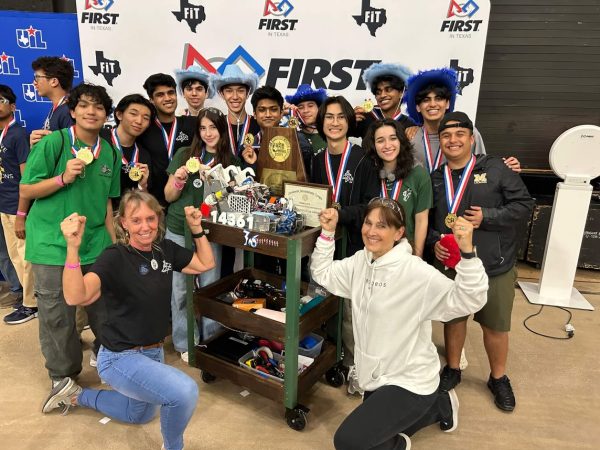
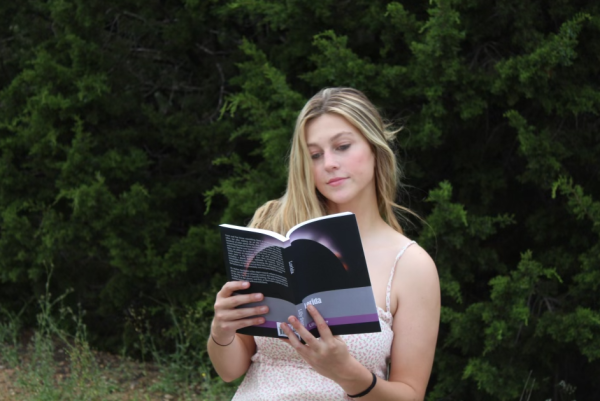
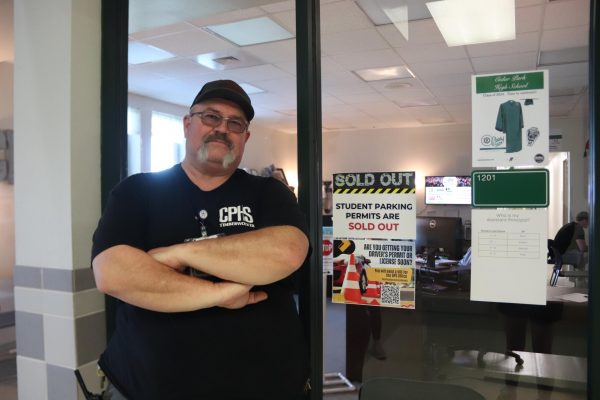
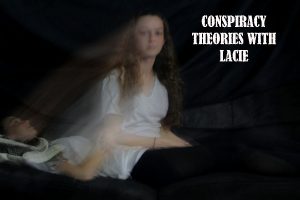

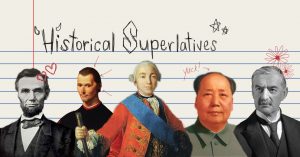
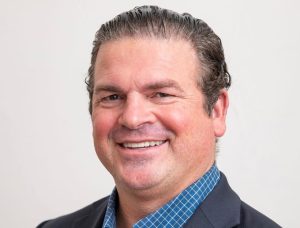



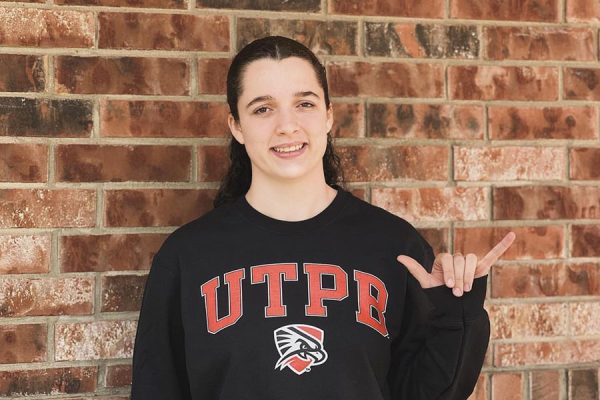
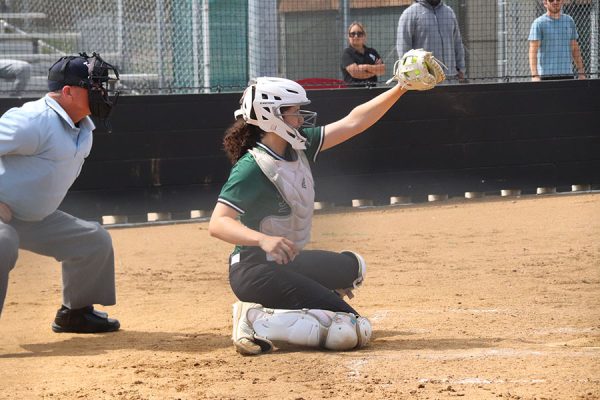
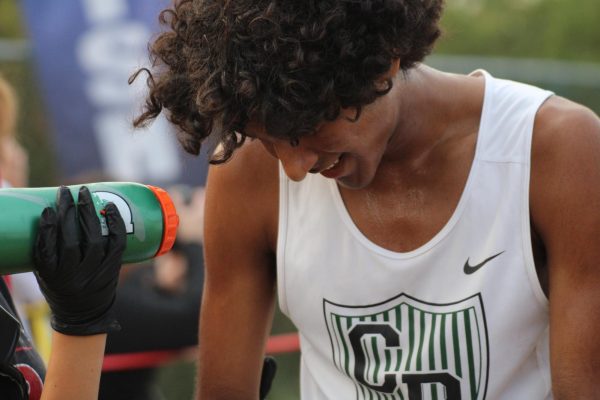
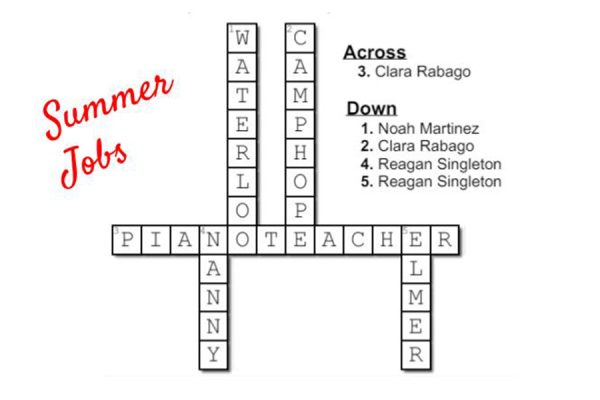
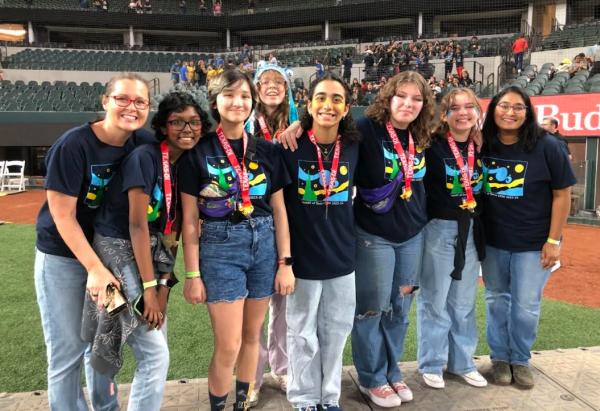
![Smiling for a picture, senior identical twins Ethan and Drew OConnor pose with a statue of a parrot mascot. The twins will both attend the University of Arkansas in the fall and major in business. “I didnt really mind going to different colleges, but we had the same [college] choices,” Ethan said. “We both liked Arkansas, and I dont mind him coming with me. If we cant get [a] rooming situation down, were just going to do a quad together. Which Im kind of down for a quad, because there is more room.” Photo courtesy of Drew O’Connor](https://cphswolfpack.com/wp-content/uploads/2024/05/IMG_7342-488x600.jpg)
![Standing on the drum major’s platform, senior twin sisters Abby and Courtney McDanald pose for a picture. This fall, Abby will attend the University of Texas at Austin to study nursing and Courtney will major in theater education at Stephen F. Austin University. “I was definitely sad about [attending different universities] because weve been so close,” Abby said. “Being that far away from someone for a long time will be hard. We didnt do it on purpose, we just wanted different things in schools. Its definitely sad, but I think itll make seeing her more special.” Photo courtesy of Abby McDanald](https://cphswolfpack.com/wp-content/uploads/2024/05/FullSizeRender-399x600.jpg)


Mark Tibbetts • Apr 26, 2023 at 9:52 pm
Kassidy Wilkinson… I just read this and well done! I teared up when reading this. I am honored that you chose to write about my story with Boston. I would have read this sooner, but I just figured out how to get access to the story. CPHS News, you have a special talent on your team. – Mr. Tibbetts